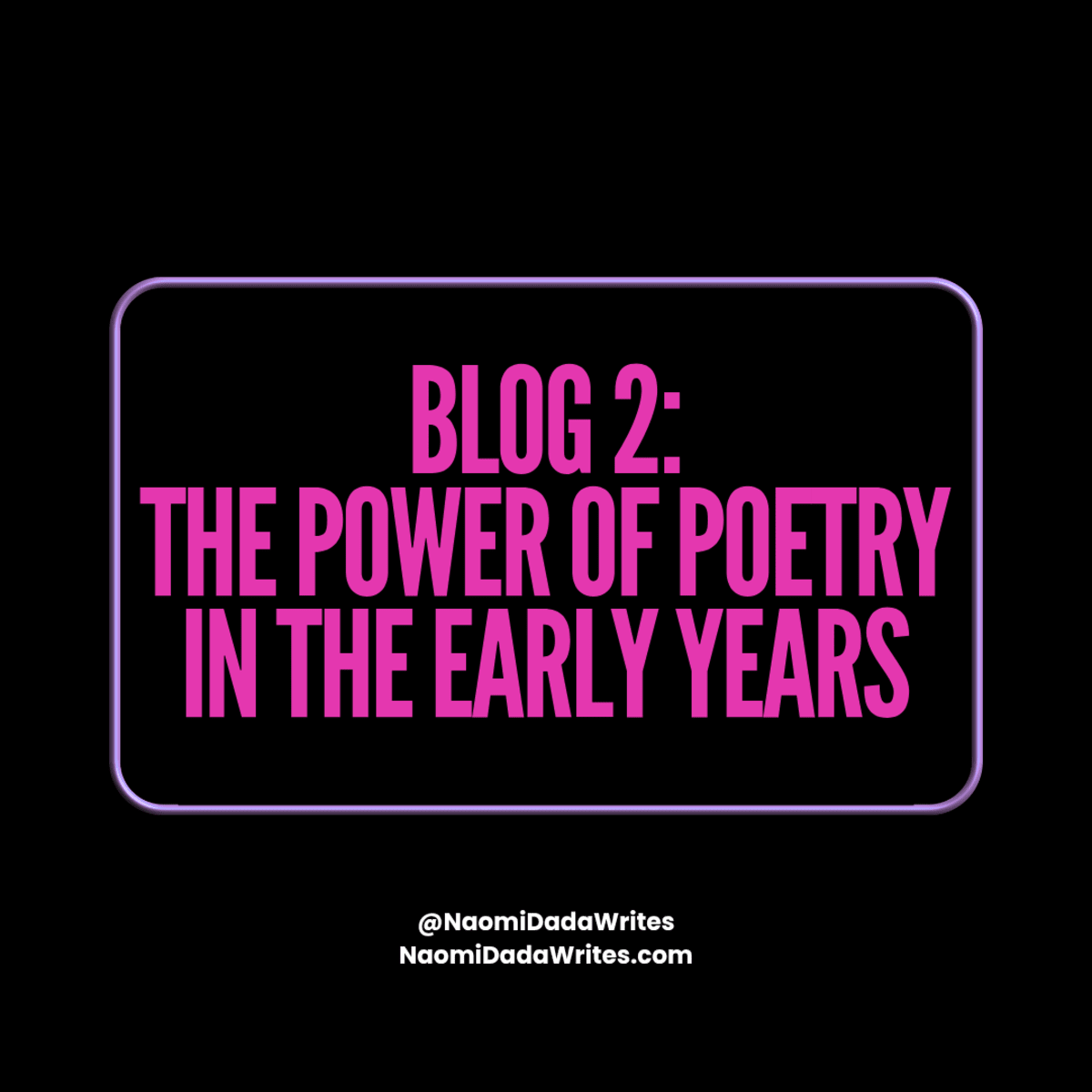Why do rhythmic, heartwarming verses matter so much in the first years of life?
In the early years of life, between the tender ages of 0 and 6, children’s brains are blooming. Their emotions are raw and real. Their curiosity is boundless and ...their attention spans? Shorter than a goldfish's.
Poetry speaks directly to that stage of life. Short. Rhythmic. Repetitive. Musical. Easy to remember. Rich in emotion.
Let’s explore the quiet power of poetry, and why it deserves a special place in your home, classroom, or storytime routine:
1. Poetry Builds the Foundation for Literacy:
Before children can read full books, they can recognize sound patterns.
Poetry trains the ear to listen. The rhythm and repetition help develop:
- Phonemic awareness (the ability to hear and play with sounds)
- Vocabulary
- Predictive thinking (guessing what comes next)
- Sight word recognition
A child may not know how to read the word “sun,” but after hearing it in a poem five times, they’ll begin to recognize it by sight.
2. Poems Fit Tiny Attention Spans:
Young children can’t always sit through a long story. But they can sit for a 5-line poem. Poetry honors their pace and their moment.
Short, punchy verses are the perfect entry point into a reading habit. With a poem, every small attention span still gets a full story experience.
3. Poetry Supports Emotional Intelligence:
Poems like 'The Emotion Poem' from My Sweet Poems (Third Edition) help children name and process emotions like sadness, frustration, or confusion.
Poetry gives children the words they often don’t have for their feelings.
By reading aloud a gentle verse about gratitude, sadness, or joy, you open a door for emotional conversation and expression.
4. Poems Are Repetition-Friendly and that’s a good thing!:
Children love repetition. If they love a poem, they’ll want to hear it again and again and again.
And guess what? That’s where learning sticks.
- Repetition helps with memory
- Builds language fluency
- Increases word recognition
- Creates a feeling of safety and predictability
5. Poetry Makes Learning Feel Like Play:
Whether it's laughing at a barking dog from a silly verse or dancing like a fish that swims in and out, poetry naturally encourages movement, mimicry, and joy. That means learning is happening through laughter, not pressure.
When children associate reading with fun, they’re more likely to develop a long-term love for books.
6. Poetry Strengthens Bonding Moments:
Reading poetry isn’t just educational, it’s relational.
When you share a short poem with your child at bedtime, during a car ride, or at the breakfast table, you're building a moment of connection.
That shared language becomes a bridge between parent and child or teacher and student.
Over time, children associate poetry with warmth, closeness, and attention.
In conclusion, in the early years, it’s not the length of the story that matters, it’s the depth of the experience.
A single, heartfelt poem can:
*Spark imagination and creativity
*Build language
*Soothe emotions
*Teach values
*Strengthen connection
That’s the power of poetry and it’s why books like My Sweet Poems were made, not just to be read, but to be felt, remembered, and cherished. Why not try reading one poem a day and turn it into a creative moment with your child?
